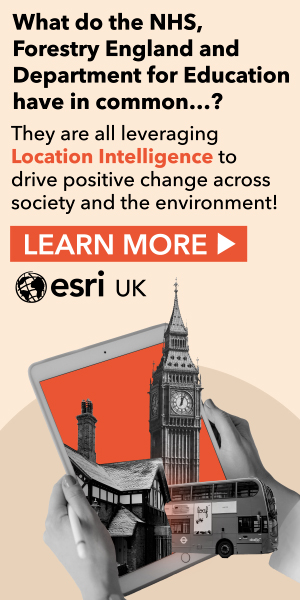Met Office
|
|
A cool career studying the impacts of a warming planet
In this blog Professor Peter Stott MBE writes about his recent interview on the BBC programme ‘The Life Scientific’ and reflects on his career.
I’ve been listening to The Life Scientific on Radio 4 for years. Hosted by physicist Jim Al-Khalili, I’ve enjoyed learning about the lives of scientists from all sorts of disciplines and discovering new things about their research. It’s been fascinating hearing from colleagues who’ve themselves been guests, including our former Chief Scientist, Julia Slingo, Myles Allen from Oxford University who I’ve collaborated with over many years, and Tim Lamont, The Life Scientific’s youngest guest who was part of the Climate Stories communication project I ran with my wife, Pierrette Thomet, in 2018.
I’ve got to know Jim’s regular introduction, almost by heart: “This is the show where I get to talk to some of the world’s leading scientists and you get to find out what drives them”.

Professor Peter Stott MBE, Climate Science Fellow.
A surprise invitation
So, imagine my surprise and delight (even if a little apprehensively tinged), when I received an email from programme producer, Lucy Taylor, asking if I wanted to take part as a guest. It didn’t take me long to say yes, and a few months later, on 28 August, I was being interviewed at BBC Broadcasting House.
I had sent her some of my most important published papers along with a copy of my book Hot Air: The Inside Story of the Battle Against Climate Change Denial which tracks the personal challenges I’ve faced working on this crucial area of science. This informed a very detailed online discussion with Lucy about my career a week before the recording. From this Lucy devised a running order with Jim (which I got to see in advance), and a set of questions for Jim to ask me (which I did not get to see ahead of time!).

Professor Peter Stott MBE at the Royal Society Book Prize event in 2022 with Jim Al-Khalili.
An opportunity to reflect
Appearing on the show gave me an opportunity to look back on my life, starting with my days growing up in Southport, where my passion for hiking in the mountains, and my interest in the weather, began. I was also asked about the various staging posts along the way before I arrived at the Met Office Hadley Centre in 1996 including modelling the fallout from Chernobyl for my PhD. I was keen to tell Jim about the unforgettable moment in March 1996 when I first met John Mitchell, then the organisation’s chief climate modeller, at the Met Office college in Reading.
I reached the second interview at the Met Office, where candidates were paired off with prospective managers. John needed somebody to work with Simon Tett (now at Edinburgh University) on a new challenge, to detect the fingerprints of anthropogenic climate change. He showed me a plot of observed changes in temperature over the globe as well as those from his latest model simulation. The two patterns didn’t seem that alike to me although I could see that they both showed warming overall. But the puzzle John wanted to solve – whether these two patterns agreed more than you would expect by chance – did seem utterly fascinating. I realised that, finally, I might have found my scientific niche in detection and attribution of climate change.
I couldn’t believe my luck when John offered me the job, and I haven’t believed my luck many times since during a 28 year career (and counting) in the Met Office when I’ve been given some amazing opportunities to do some really cool stuff. Despite the depressing nature of environmental degradation and the often slow progress internationally in tackling the problem, it is very rewarding to have been engaged in scientific work that has helped alert people and governments to the issue and has supported societies in becoming more resilient to extreme weather. I remain hopeful that in the next few years our fingerprinting techniques will detect the slowing of climate change as a result of actions to reduce emissions.
About Peter
Peter has been a significant contributor to the progression of Climate Science nationally and globally, being the first to link an individual weather event to climate change (the 2003 European heatwave). He is seen as a pioneer in establishing the scientific case for action on climate change, with his crucial attribution work providing evidence and advice to Governments and the public, supporting policy making and decisions.
Peter has played a major role in the Intergovernmental Panel on Climate Change (IPCC) and a leading public role in rebutting climate denial and defending the integrity of climate science. Peter’s book countering the narrative of climate denial, was recently shortlisted for the Royal Society of Literature’s Christopher Bland Prize and for the 2022 Royal Society Science Book Prize. He is passionate and creative about climate science communications, working extensively in the media as well as being a mentor to encourage young scientists in their climate communications.
Original article link: https://blog.metoffice.gov.uk/2024/09/10/a-cool-career-studying-the-impacts-of-a-warming-planet/


